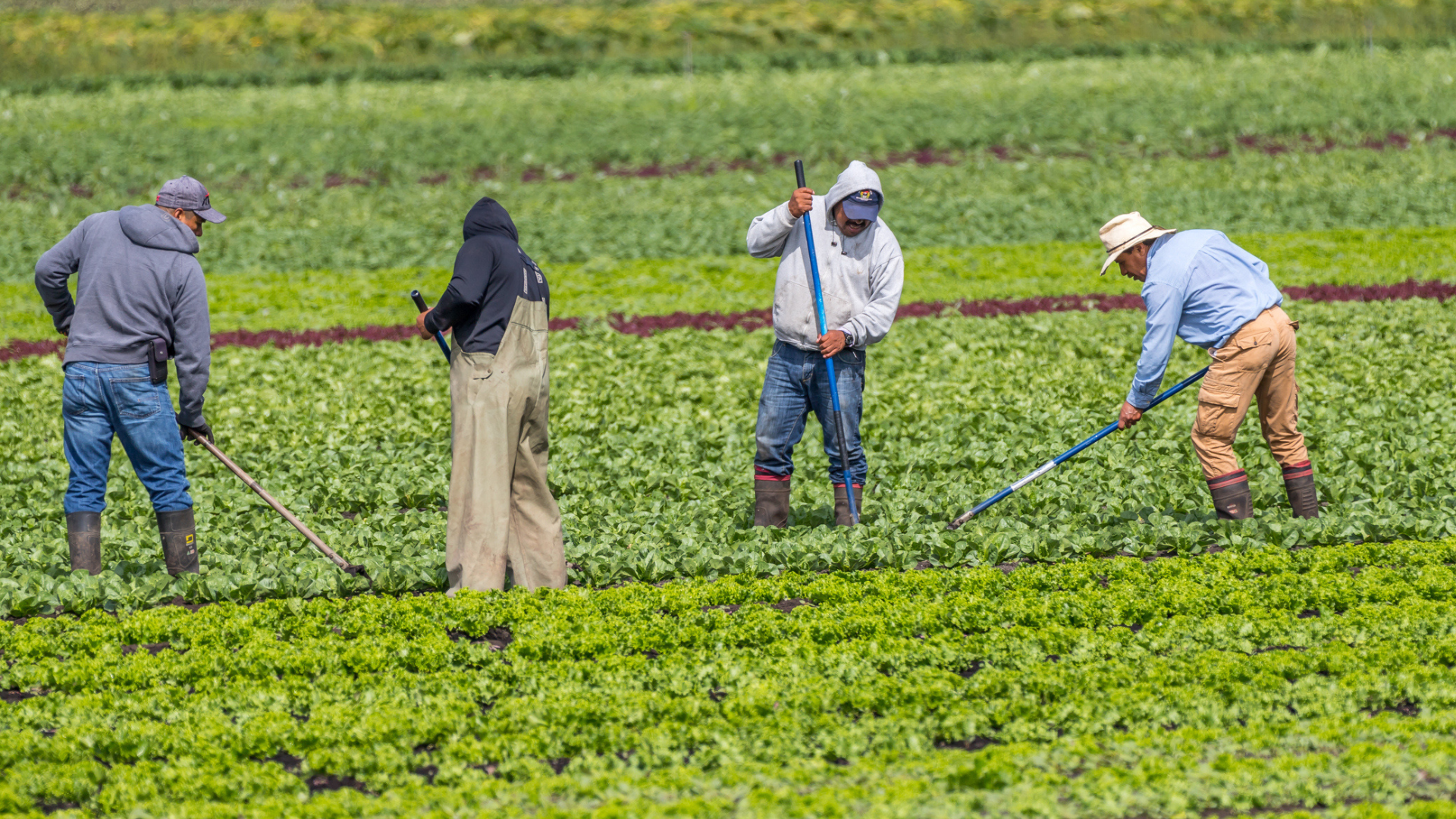RESEARCH STAFF STRATEGIC MANAGEMENT
In the News: Could a Loblaw Boycott Really Work? Probably not, Experts say
May 3, 2024 ·
Contributed by: Andrea Lawson, McMaster University

A campaign to boycott Loblaw-owned stores in May is unlikely to push changes for a company that has such a large share of the Canadian grocery market, say two McMaster experts.
Canadians upset about increasing costs of groceries have set their sights — and their anger — on Loblaw Cos., with an online campaign urging a boycott of the grocer and all its chains in May.
“In theory the boycott could make a difference, but in practice, I don’t think it will. I think it’s unlikely that it will be widespread enough and sustained long enough to have any kind of an impact,” says Bradley Ruffle, professor in the department of Economics.
Most boycotts like this fail to gain traction, agrees François Neville, associate professor at the DeGroote School of Business.
“For a boycott to be effective, it must change consumer behavior and accomplishing that is a huge challenge,” Neville explains.
However, there have been instances where it’s happened.
“The recent Bud Light boycott was incredibly effective, in part, because it was very easy for consumers to purchase a competitor’s product at little cost to themselves,” Neville says.
“They were not sacrificing or losing anything substantial to support the boycott. It is hard to imagine a critical mass of the population altering its habitual grocery buying habits.”
For some Canadians, Loblaws or a Loblaw-owned store may be the only reasonable option, he notes.
“I wouldn’t imagine that the average consumer is motivated to spend extra time getting to a different store, learn a new store layout, or switch private label brands, and so on, in the interest of joining the boycott. In smaller communities and rural areas, consumers have limited options to begin with.”
Why Loblaw?
Overall, inflation was up slightly from February, Statistics Canada reports, but food prices went up 1.9 per cent in March, on top of a 3.4 per cent year-over-year increase in January.
“Most people are making trips to the grocery store one or more times a week,” Ruffle says.
“Those price increases, even if it’s minor or on just one thing, hits them every time they go.”
Because Loblaw is a market leader in the Canadian grocery industry, it makes sense the chain would be targeted, Neville says.
“If Loblaw were to cooperate with activists and acquiesce to some of their demands, there would be potential for other grocery market retailers to follow suit,” he says.
Loblaw chairman Galen Weston Jr., may be the most well-known when it comes to grocery store executives, which makes him a convenient scapegoat for activists and the public, Neville says.
What’s Next?
Neville doesn’t see the company making any changes.
“Of course, we would all like more affordable groceries and there are some arguments to be made that large corporate grocery markets are making unnecessarily high profits. At the present time, aside from allowing Loblaws to build goodwill it is difficult to see how Loblaws’ leadership would view cooperating with activists as strategically advantageous.”
While public sentiment may be in line with the protesters right now, posters have been spotted encouraging people to steal from Loblaw on May 12.
In addition to being illegal, a campaign like this could backfire, Ruffle warns.
“You get people stealing from Loblaws and suddenly, instead of being the perpetrator of high prices, it has become the victim of theft which could then garner them sympathy.”
So what’s the answer? Facilitating and encouraging competition in the Canadian grocery sector could be one way to cut prices, Ruffle says.
“Even the even the threat of competition should bring down prices,” he says. “It could take some time – just because you open the doors doesn’t mean people are going to enter. But it could be a long-term solution.”
This article originally appeared on McMaster University, Brighter World.















